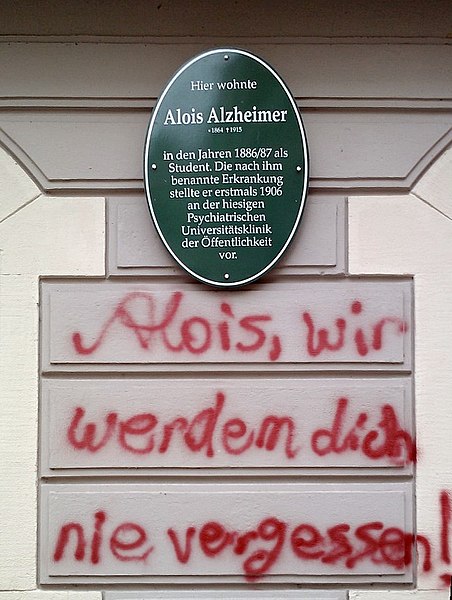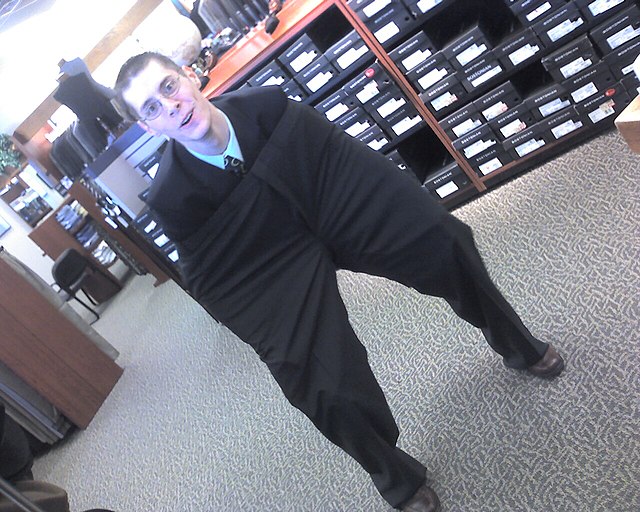A joke is a display of humour in which words are used within a specific and well-defined narrative structure to make people laugh and is usually not meant to be interpreted literally. It usually takes the form of a story, often with dialogue, and ends in a punch line, whereby the humorous element of the story is revealed; this can be done using a pun or other type of word play, irony or sarcasm, logical incompatibility, hyperbole, or other means. Linguist Robert Hetzron offers the definition:A joke is a short humorous piece of oral literature in which the funniness culminates in the final sentence, called the punchline… In fact, the main condition is that the tension should reach its highest level at the very end. No continuation relieving the tension should be added. As for its being "oral," it is true that jokes may appear printed, but when further transferred, there is no obligation to reproduce the text verbatim, as in the case of poetry.

Boris Yeltsin and Bill Clinton enjoying a joke
The Westcar Papyrus, dating to c. 1600 BC, contains an example of one of the earliest surviving jokes.
1597 engraving of Poggio Bracciolini, author of one of the first joke anthologies
Why did the chicken cross the road? To get to the other side.
Humour or humor is the tendency of experiences to provoke laughter and provide amusement. The term derives from the humoral medicine of the ancient Greeks, which taught that the balance of fluids in the human body, known as humours, controlled human health and emotion.
Humour can be a way of dealing with the menacing or unpleasant: Sprayed comment below a memorial plaque for Alois Alzheimer who first described the memory-damaging Alzheimer's disease – the German text means "Alois, we will never forget you!"
Boris Yeltsin and Bill Clinton enjoying a joke, in spite of their language differences
A person working in a retail store wearing a large pair of pants in an attempt to amuse those around them
A man laughing






